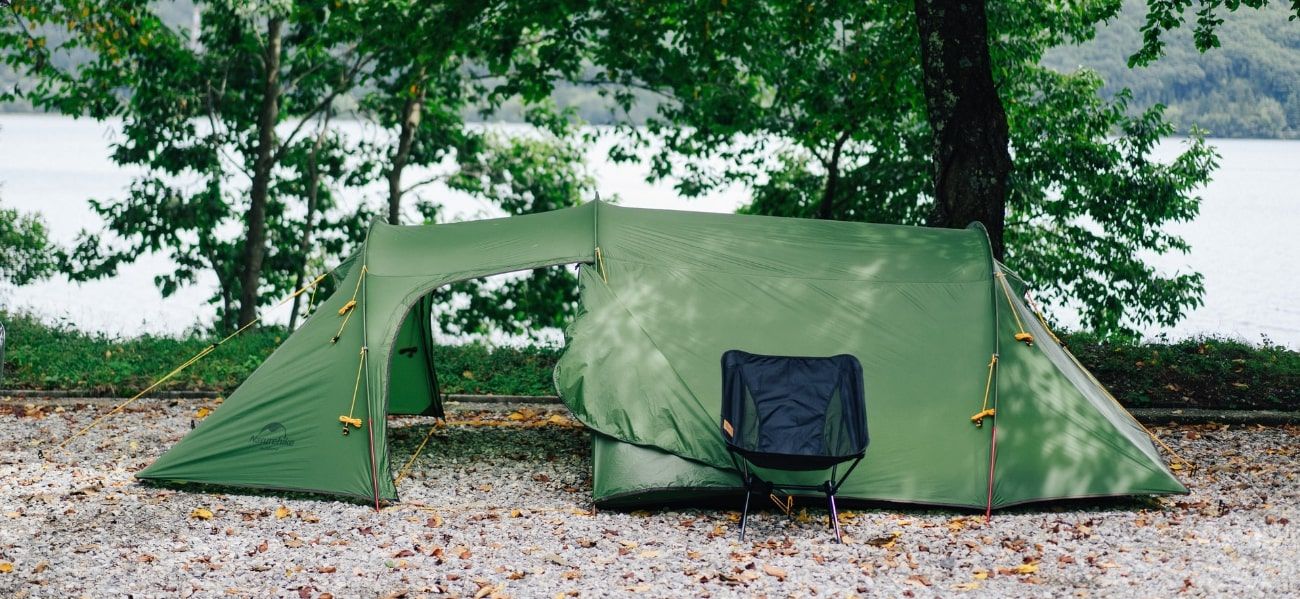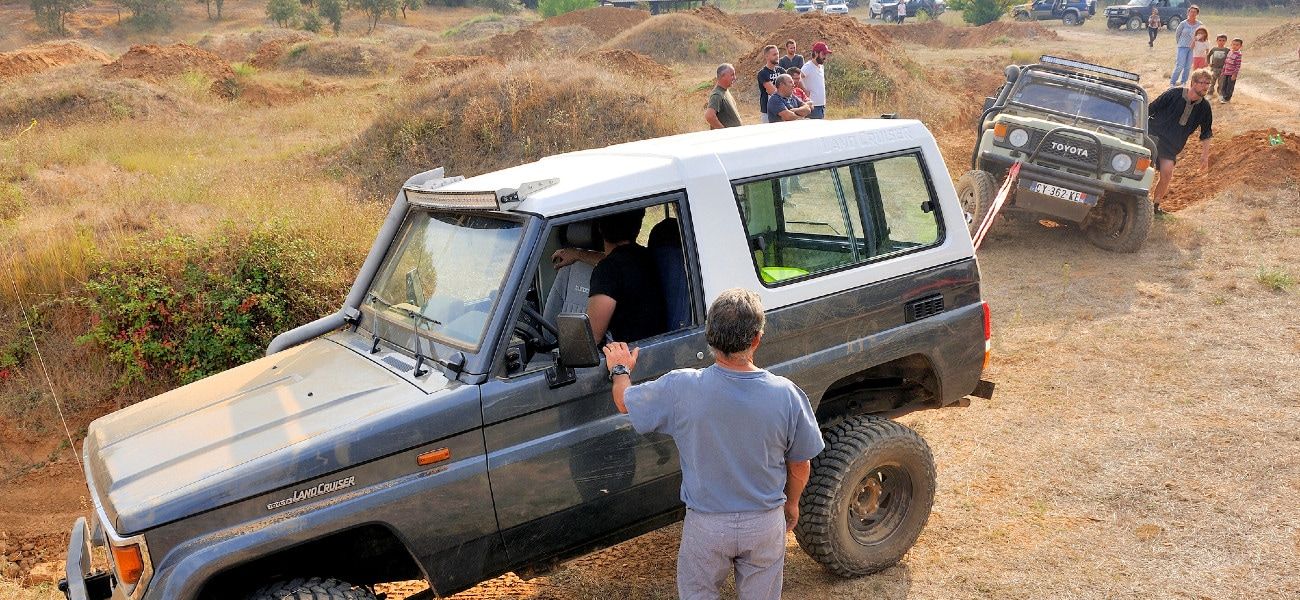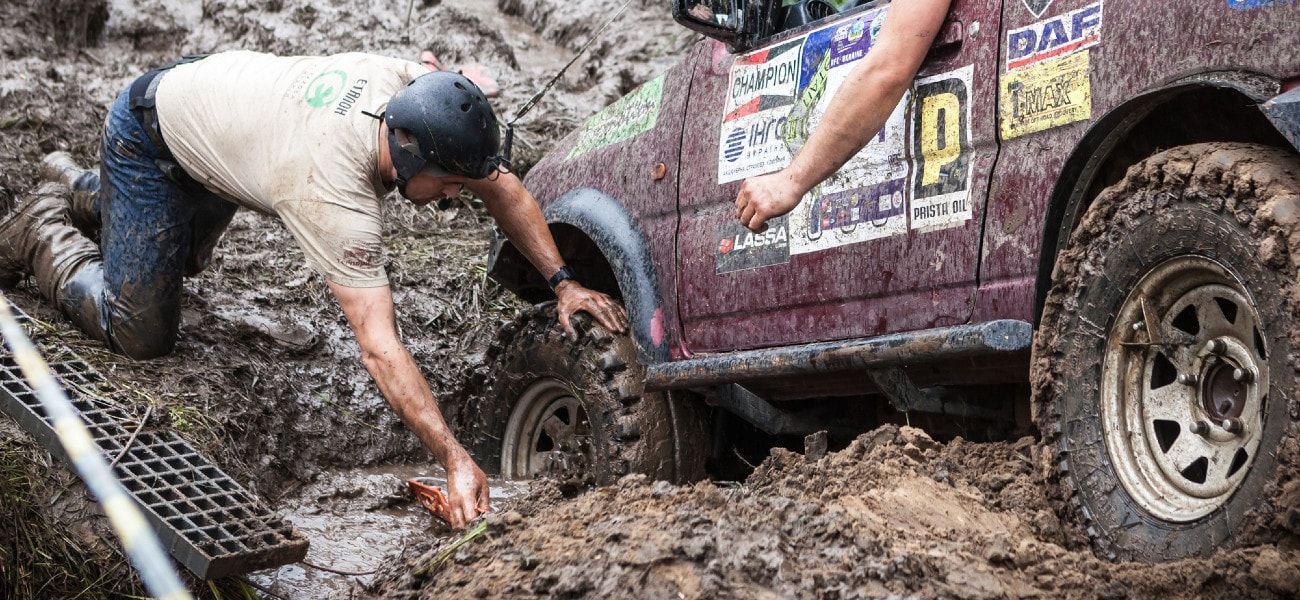A tent is essential for any camping trip. It provides you with shelter, a comfy place to rest and store your gear, as well as protection from the elements.
That said, being left with a dirty and dusty tent at the end of a trip is almost unavoidable. A high quality tent is fairly expensive, so you'll want to do some occasional maintenance to keep it in good condition.
In this article, we'll go over the steps you need to take to properly clean a dirty tent.
Cleaning Your Tent
Cleaning your tent is actually quite easy once you know how to properly go about it. Here’s what to do:
Step 1 - Gathering the Gear
Gather the disassembled tent, some soap, and a sponge or cloth for scrubbing. You can also pick up some tent cleaning solutions online or at a camping store, although this isn’t necessary. Regular, non-abrasive dish soap will do just fine.
You will also need a large tub, bucket, or deep sink for soaking later on.
Step 2 - Spot Cleaning
Open the doors of the tent and, with a soap-soaked sponge, start scrubbing the dirtier areas of the tent bit by bit. Use the rough green side of the sponge but be gentle and take care to not tear the fabric. Be sure to use lukewarm water.
Target dried tree sap, caked on dirt, and any discolorations you can spot. Be thorough and take the time needed to really get into those nooks and crannies.
Step 3 - Soaking the Tent
Fill the tub up with water and then mix in a little bit of the soap solution. You can also use a sink or bucket as long as it’s big enough to fit the entire tent. This will be easier for smaller 2 person tents than larger 4 person tents.
Turn the tent inside out and fully submerge it in the water. Leave it there for an hour or two. Try to make sure that there aren’t too many air bubbles inside the tent, as these areas won’t get properly soaked.
Step 4 - Rinse and Dry
Drain the container of soapy water and refill it with clean water to rinse the tent. Once all the soap has been rinsed out you can then hang it up to dry in a cool shaded area. Avoid direct sunlight that could damage the tent's waterproof coating.
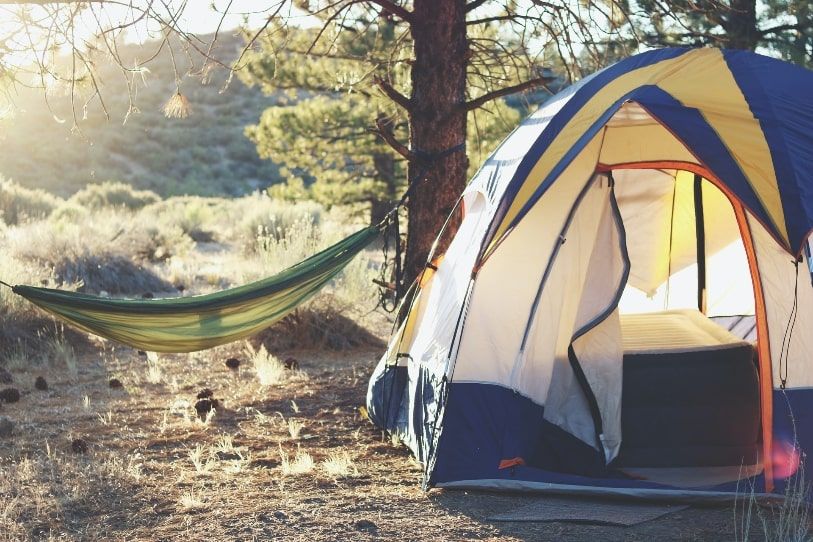
Cleaning a Tent with Mould or Mildew
For dealing with a tent that has mould, mildew, or any foul odors - use an enzyme cleaner on the affected areas.
You may also soak it in a specific solution for removing tent mould but take care to follow the instructions on the packaging. Overuse of these chemicals can risk burning the polyurethane and damaging the waterproof material.
You may wish to wear a face mask if you are concerned about breathing in the fumes from the cleaning solution or the mould itself.
Storing Your Tent
Do not stuff your tent unevenly into its bag the way you would with a sleeping bag. This can leave tension on the tent's seams and make it prone to tearing in the future.
After it has dried properly, fold it up evenly and then store it in a dry place to prevent mould from growing. If your tent doesn’t have a storage bag, you can use something like a pillowcase instead.
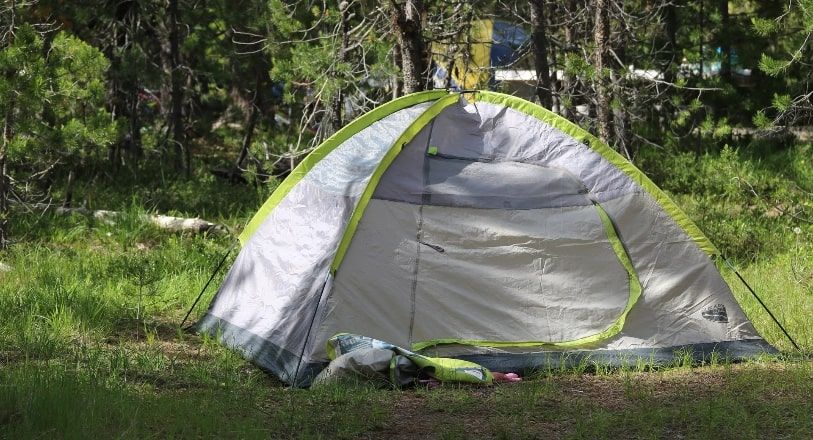
Other Tips to Caring For Your Tent
Cleaning your tent properly is only half of the equation when it comes to maintaining it for long-term use. To get the most use out of your tent be sure to do the following:
- Pick suitable camping sites that are as dry as possible.
- To add protection to your tent from the elements, consider using a tarp over or under it. This provides an extra layer of defense and increases the size of your shelter.
- Be gentle with your tent when pitching it. Don’t unnecessarily force it.
- Never store your tent in wet or damp conditions. Make sure that all condensation has dried before you put it away.
- Clean it regularly and consider applying a waterproof coating every few months.
Bottom Line
Cleaning your tent doesn’t have to be an unpleasant or difficult task. Your tent is your protection from the elements when in the great outdoors, so take care of it properly and it will take care of you.
If you still have any questions about tent cleaning, be sure to leave them below in the comments!
This article may contain affiliate links. I will earn a commission if you choose to purchase a product or service after clicking on my link. This helps pay for the cost of running the website. You will not be disadvantaged in any way by using my links.
Note that while every effort is made to ensure the accuracy of the information on this page, there may sometimes be errors. Check all specifications with the manufacturer before purchasing any product.

